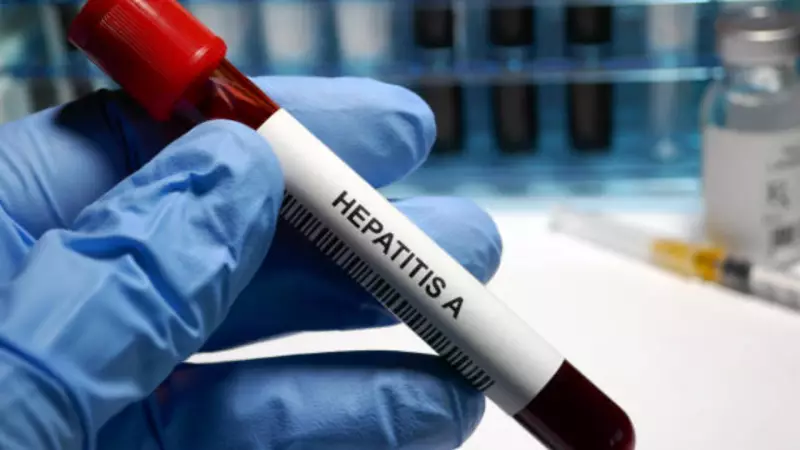
As Hepatitis A cases continue to surface across Indian cities, concerned parents are grappling with misinformation that could put their children's health at risk. This highly contagious liver infection demands immediate attention and proper understanding.
The Silent Threat to Young Livers
Hepatitis A primarily targets children and young adults, spreading through contaminated food and water. Unlike its more dangerous cousins Hepatitis B and C, Hepatitis A doesn't typically cause chronic liver disease, but its acute symptoms can be severe enough to require hospitalization.
7 Hepatitis A Myths Debunked by Medical Experts
Myth 1: "It's just another stomach bug"
Fact: Hepatitis A is far more serious than common stomach infections. It specifically attacks the liver, causing inflammation that can lead to jaundice, severe fatigue, and abdominal pain. The recovery period often extends to several weeks or even months.
Myth 2: "Once infected, you're immune for life"
Fact: While true that one infection typically provides lifelong immunity, this is dangerous thinking. Why risk a potentially severe illness when safe and effective vaccines are available?
Myth 3: "Vaccination isn't necessary for children"
Fact: Medical authorities strongly recommend Hepatitis A vaccination for all children. The Indian Academy of Pediatrics includes it in their immunization schedule, typically administered after the first birthday.
Myth 4: "Only dirty places spread Hepatitis A"
Fact: Even five-star restaurants can transmit the virus through improperly handled food. The virus can survive on surfaces for months and is resistant to many common disinfectants.
Myth 5: "Boiling water makes it completely safe"
Fact: While boiling kills the virus, recontamination can easily occur through improperly stored water or contaminated food handlers.
Myth 6: "Adults don't need to worry"
Fact: Adults who contract Hepatitis A often experience more severe symptoms than children. The infection can cause significant time away from work and daily activities.
Myth 7: "There's no specific treatment, so prevention doesn't matter"
Fact: While there's no antiviral treatment, supportive care is crucial. Severe cases may require hospitalization for hydration and symptom management.
Essential Prevention Strategies for Indian Families
Vaccination is Key: The Hepatitis A vaccine is your family's first line of defense. Consult your pediatrician about the appropriate schedule.
Hygiene Cannot Be Compromised: Regular handwashing with soap, especially before meals and after using the restroom, remains critical.
Food Safety Matters: Consume properly cooked food and peeled fruits. Be cautious with street food and ensure water is from safe sources.
Recognize Early Symptoms: Watch for fever, fatigue, loss of appetite, nausea, abdominal discomfort, dark urine, and jaundice (yellowing of skin and eyes).
The Bottom Line for Indian Parents
In a country where Hepatitis A remains endemic, awareness and prevention are your most powerful tools. Don't let misconceptions dictate your family's health decisions. Consult healthcare professionals, consider vaccination, and maintain rigorous hygiene practices to keep this preventable disease at bay.
Remember: When it comes to Hepatitis A, what you don't know can definitely hurt you – and your children.





